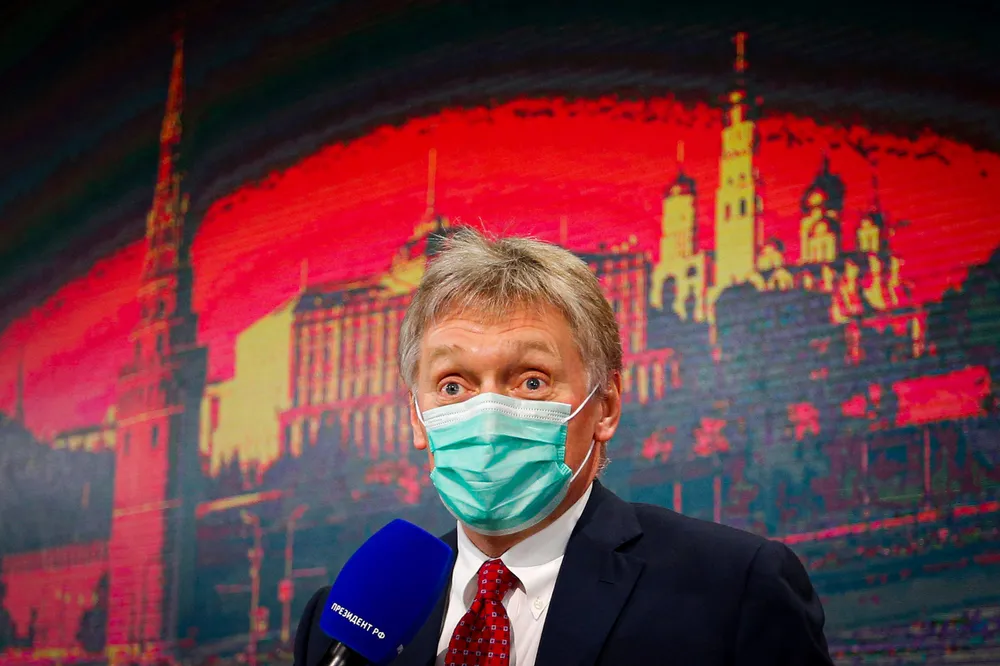Russia says it is too late to restore storage levels for European winter
Presidential spokesman urges Europe to sign new contracts with Gazprom as it presents image of a reliable energy supplier

Presidential spokesman urges Europe to sign new contracts with Gazprom as it presents image of a reliable energy supplier
